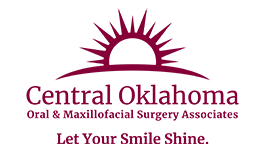14 Jun How Jaw Surgery Can Improve Oral Function
When your jaws are not properly aligned, your smile is not functioning as efficiently as it could for actions like chewing and speaking. In such cases, jaw surgery can help to improve these oral functions in patients. Jaw surgery can be used to correct a number...
